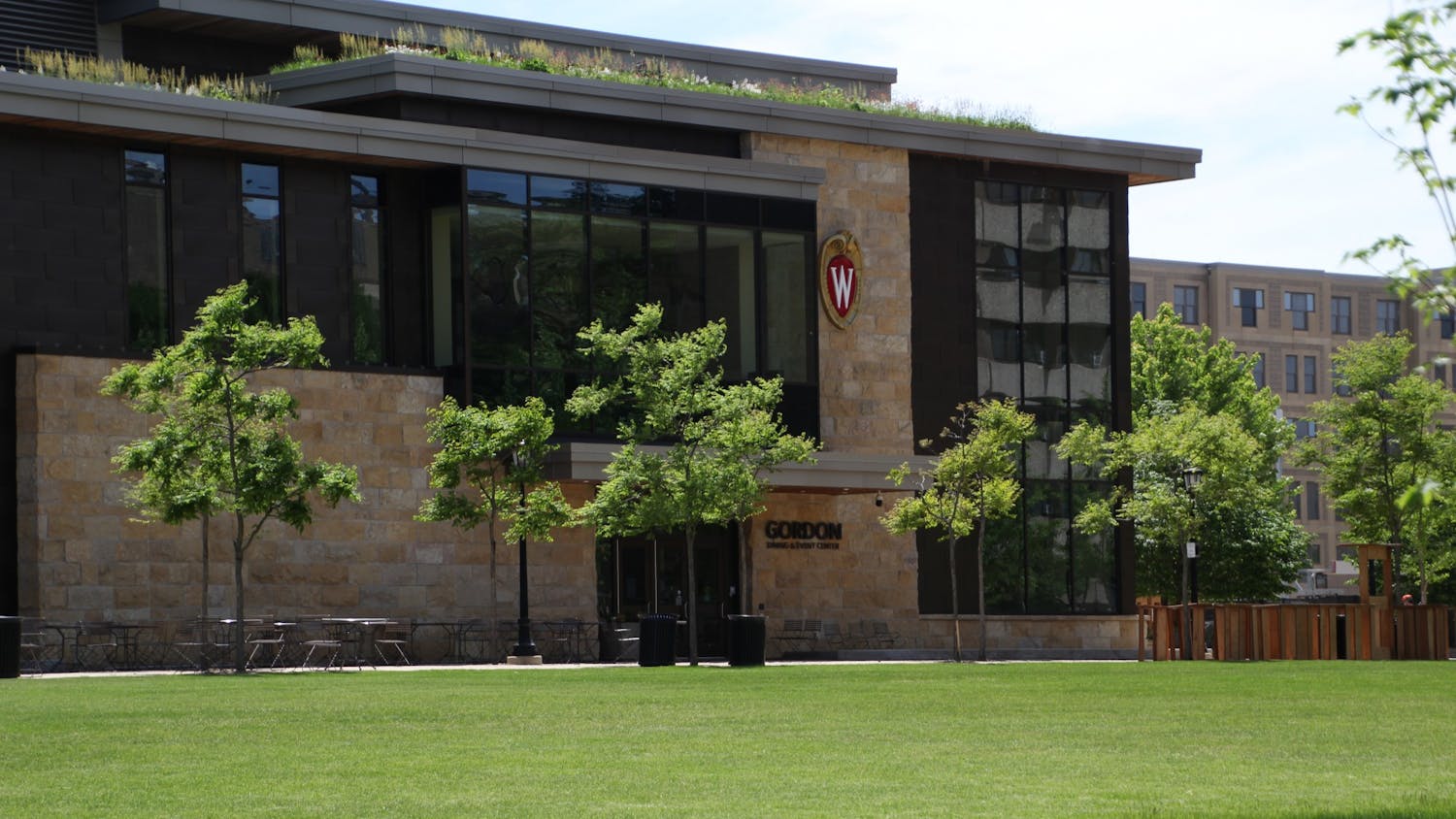Tuition has increased by over 37 percent since the fall semester of 1999. The Board of Regents continues to approve resolutions increasing the pay of faculty, staff and officials. There is a state-wide budget crisis. Guess who's going to pay.
The 37 percent increase is with an in-state tuition freeze put into place for a year's time and doesn't even begin to touch the increases on the bills of out-of-state students. Financial aid has not been increased proportionally and quite often the official need estimates (based upon the FAFSA) cannot be met by the financial aid office, even with loans. This is a public university, in theory, but with the direction in which it is moving, it will not remain so, as rapidly rising tuition will, unquestionably, begin to price some potential students out of the education they deserve.
On Friday the Board of Regents retracted the increased pay ranges approved for system officials and approved a possible pay raise of up to 4 percent for faculty and staff each year for the next two years. This is contrary to the recommendations of UW System President Katharine Lyall, who advised that either a salary freeze or pay cut be put into place. Even the retracted pay ranges aren't gone: they were shunted back to the committee for more research and may come back up to a vote soon enough to affect next year's tuition.
The regents justify their actions based on a need to recruit qualified faculty, just as they decided on the now retracted pay raises for officials. The salaries currently offered by the university are 4 percent below average. The regents say they are \cognizant of the difficulty of funding the needed pay play in the current fiscal climate."" Yet they pursue it anyway, knowing that the funding may not exist.
By putting forth the resolution, there is a stronger likelihood that funding may be ""found,"" but certainly not with the cash-strapped state.
Increasing the pay of anyone at the university is almost guaranteed to increase tuition again. If tuition doesn't increase, then the money will be taken out of other places, likely resulting in even fewer teaching assistants and other support staff or depriving workers of benefits. Yet tuition cuts are being considered for several system schools, including UW-Eau Claire, UW-LaCrosse and UW-Oshkosh, in relation to recruitment targeting the children of out-of-state alumni.
All for the good of those who would qualify, but it helps no one attending Madison, the largest and most prestigious campus in the system. Where will the funding lost due to those tuition cuts come from? Will they be restricted to those system campuses or will they affect every student at a Wisconsin system school?
Also on Friday, the university announced plans to raise $1.5 billion by 2006 from private sources, and has already gotten half that in gifts and pledges to aid in financial aid, faculty, construction and other programs. However, the money raised will go where the donor selects, and this drive cannot be looked to for compensation of the rising costs currently unfolding.
This is a public university, something the regents need to realize. As a public university, budgets must be modified to deal with the financial crisis afflicting the state and if that means employees are receiving less, it is only in keeping with the situation. Unless the state can provide the funding for the four percent raise, it should not be put into place. Putting more of a financial burden on already cash-strapped students is simply wrong. They are already suffering with cutbacks in available classes, fewer TAs and less financial aid. The first two mean that more students must stay longer simply to meet requirements and build up more debt as inadequate loans become the norm over grants and scholarships.
The Board of Regents must stop approving funding increases when there is no money to support them. Students need to stand up and fight the tuition increases. They were able to force a tuition freeze into place once before, and they must do it again. A rise of 37 percent in four years is unacceptable and must not happen again.
Jessica Rane Gartner is a senior majoring in history and political scence. She can be reached at opinion@dailycardinal.com.





